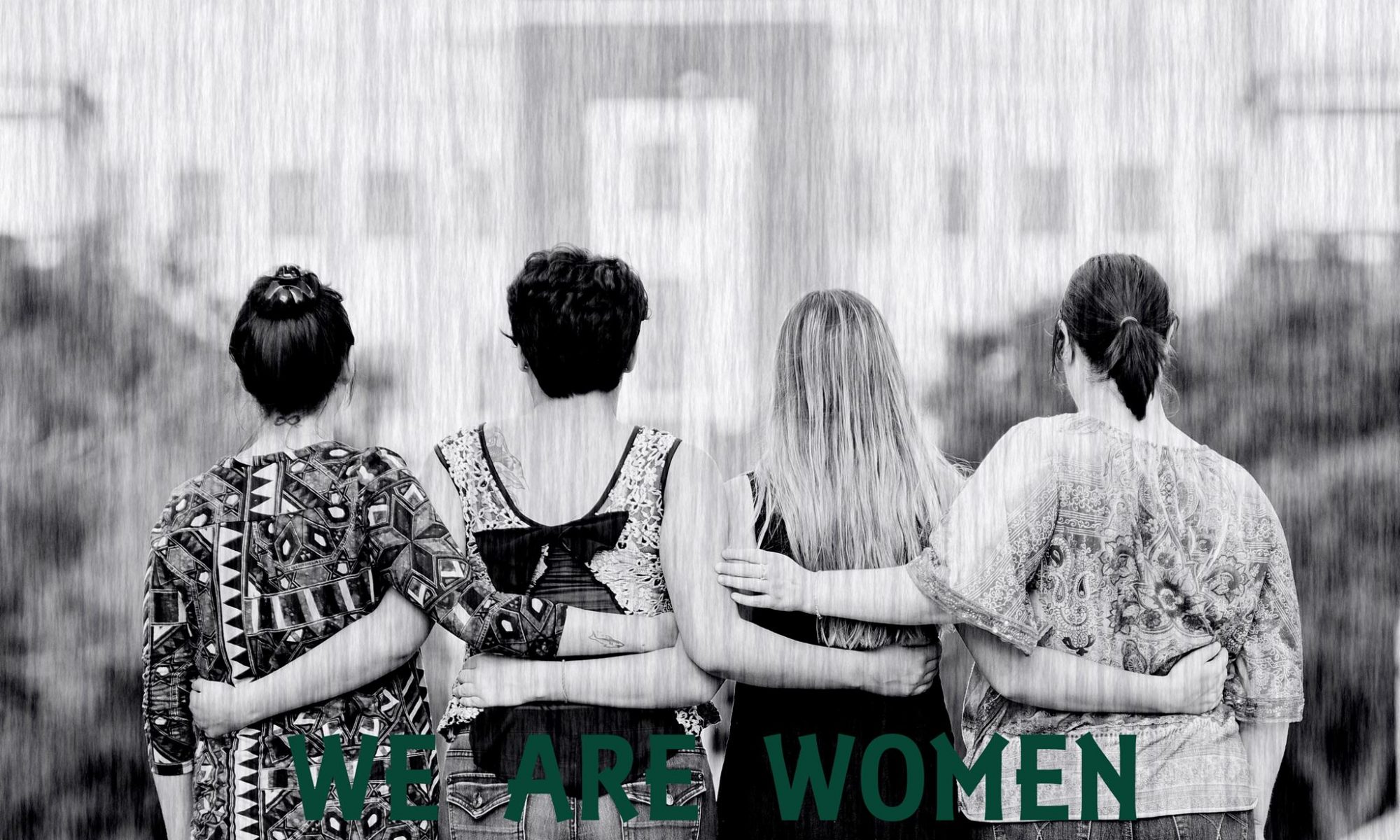
Benevolent sexism can be found when white American men encourage men to be supportive of women in traditional roles, but when women seek power or to enter male-dominated fields, men react negatively towards them.
Daniel Bush noted, white male voters — in particular white, mostly working-class men in the Rust Belt and Midwestern states, look to men for leadership and guidance. “With a woman, you look for companionship and nurturing. A motherly role.”
According to Professors Glick and Fiske, “sexist ambivalence is the result of two basic facts about relations between women and men: male dominance (patriarchy) and interdependence between the sexes.
Benevolent sexism appears noble, or even “romantic,” but its effects can be devastating because the ideology supports gender inequality and is insidious. “Women should forego a career because they excel at childcare” and hostile sexism is “Women should forego a career because they lack ability”. Women often endorse benevolent sexism, in countries with high hostile sexism, where male protection is most appealing. Hence, high levels of hostile sexism among men lead to high levels of benevolent sexism among women.
This form is sexism is hiding all around us.
For example, food is a common topic for my husband Hari and me, as we have been in the restaurant business for almost 10 years. One or our friends was talking about a cake his “buddy” had baked. “It was great! And his wife didn’t even help”.
And just the other day at the restaurant, my husband was checking on a couple’s dinner when the husband asked, “Oh your wife’s not here?” Hari replied, “Yes, she is here, she is in the the back.” To Hari’s irritation, the husband commented, “Well she’s the hostess and she’s not up front”. My husband’s response was quick and directed as he defined my position at the restaurant, “She has never been the hostess, she is the Sommelier, manager, and co-owner. Not hostess!”
Even in my medical practice or the hospital, benevolent sexism is sadly alive and well. Recently, I was at the hospital in my surgical scrubs looking exhausted while I finished seeing my last patient when another woman said to me, “Nurses’ work is rough, when does your shift end?” “Actually, I am Dr. Pulapaka,” I responded and put out my hand for her to shake.
The most common sexist comment I hear, “Smile, you look so much prettier”.
I’ve been asked, “What’s the harm in someone calling you a “hostess”, well, the problem is their own disconnect with gender equality. White males, in Ohio and Pennsylvania, did not connect how their stated values conflicted with why they were not going to vote for a woman for president, in the study by Bush. Peter Glick and Susan Fiske in a 1996 study found that if a man offers to help a female coworker set up an office computer, and she accepts, she is perceived as lacking a level of competence. Additionally, she is viewed as a “bitch” if she politely refuses. When men accept help they are seen as vulnerable, but “they do not suffer the same repercussions for trying to do things on their own.” In a study titled “Seeing the Unseen” psychologists, Janet Swim of Pennsylvania State University and Julia Becker of Philipps University Marburg, Germany, report that “Women themselves ignore [all types of] sexism, and part of it is a coping mechanism”. I want to be clear that we are not talking about a man’s pure act of kindness, affection, or helpfulness. But, this complacent acceptance of ignoring sexism has harm. NPR reported that in a 2016 study on gender and ethics, researchers found that women receive harsher punishments than men for ethical violations at work.
DJ Trump continues to push the gap further, and his supporters do not see the injustice.
There’s a possibility I would vote for a woman. But not her.
—Max Bowser, retired truck driver
Sexism will not be tolerated. I will resist your derogatory dialogue and seek out others who will prepare the next generation to uphold equal humanity.
#womeninspirechange


